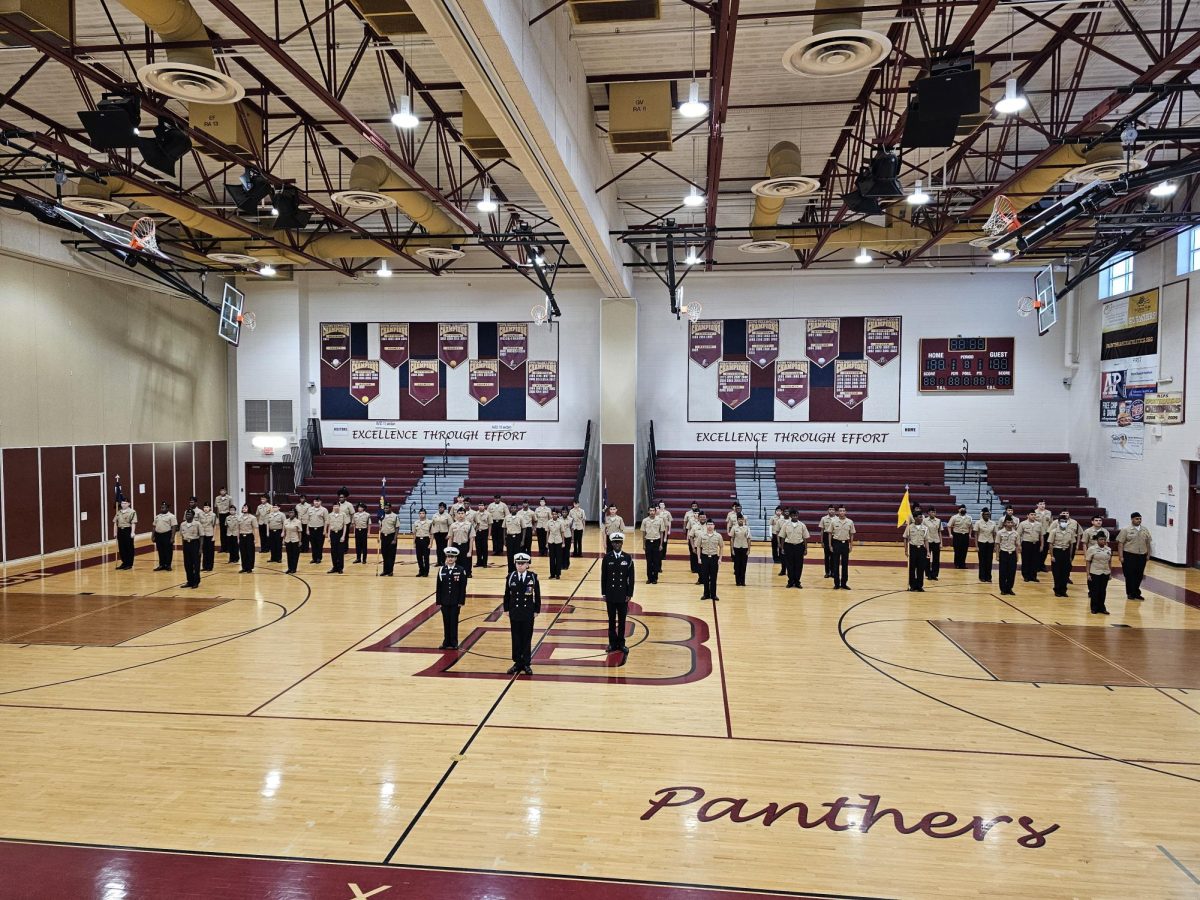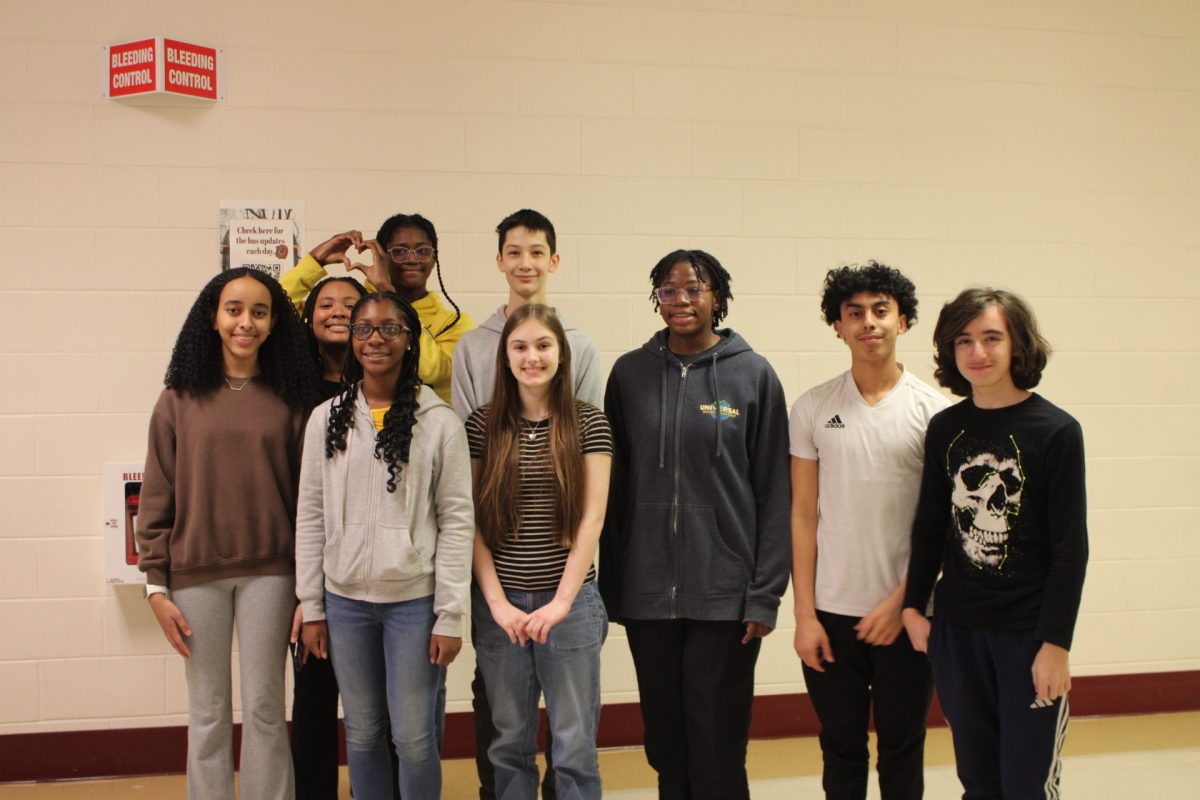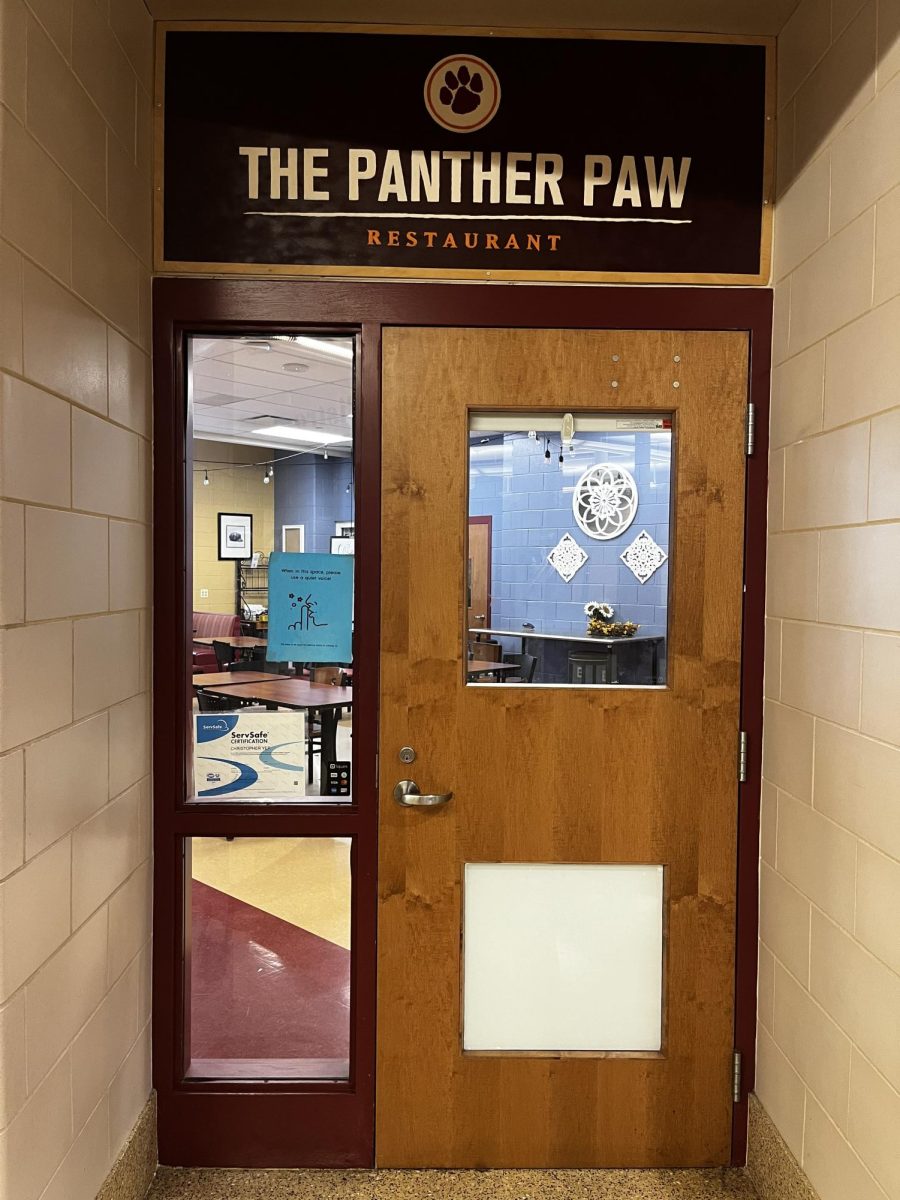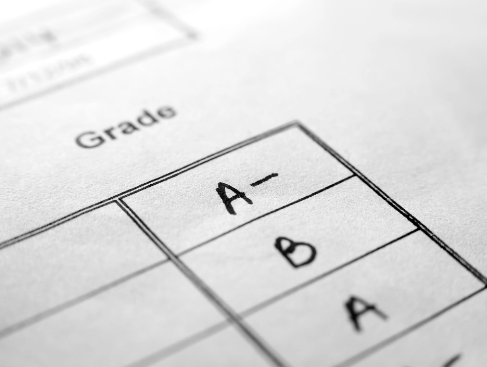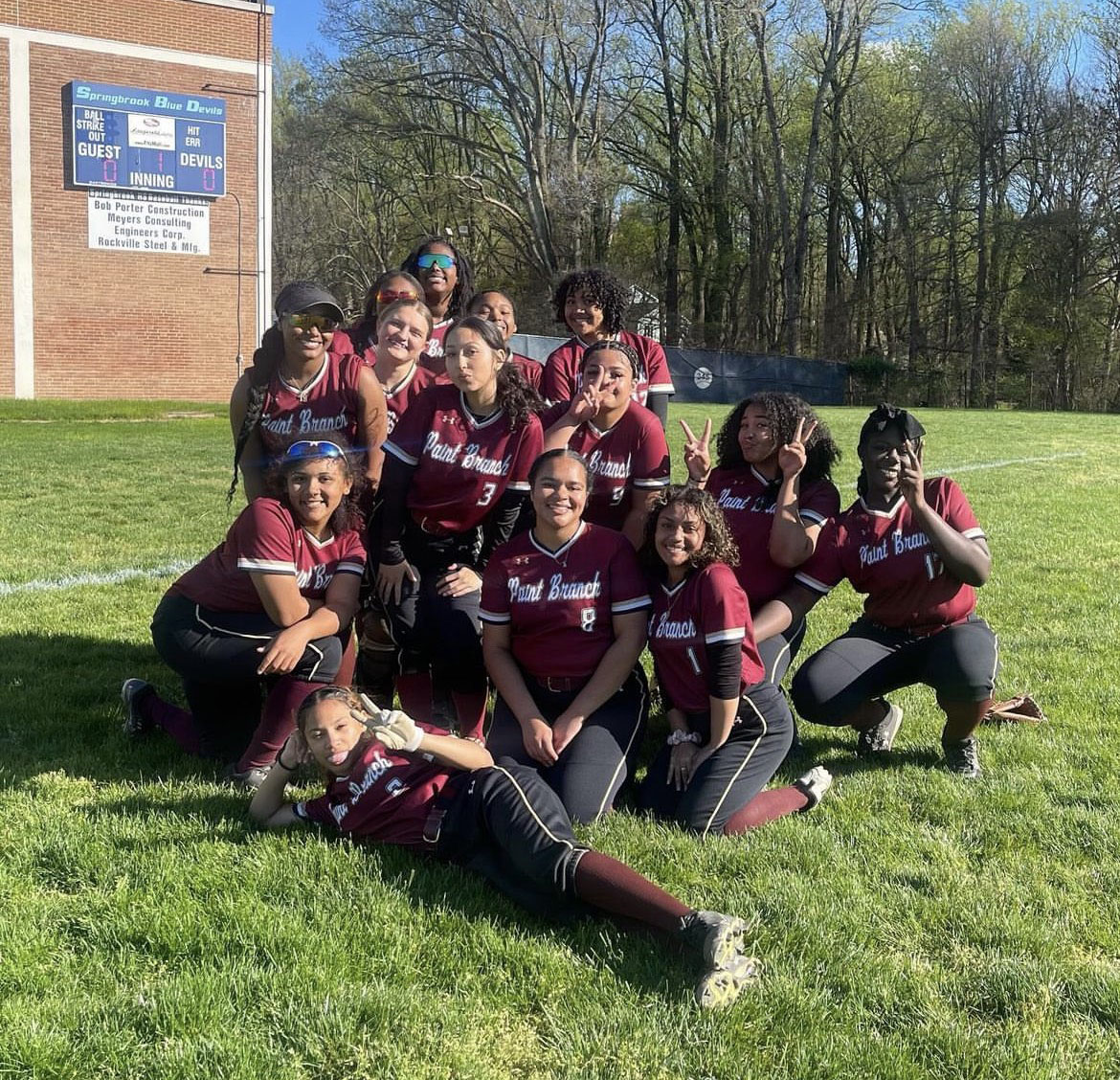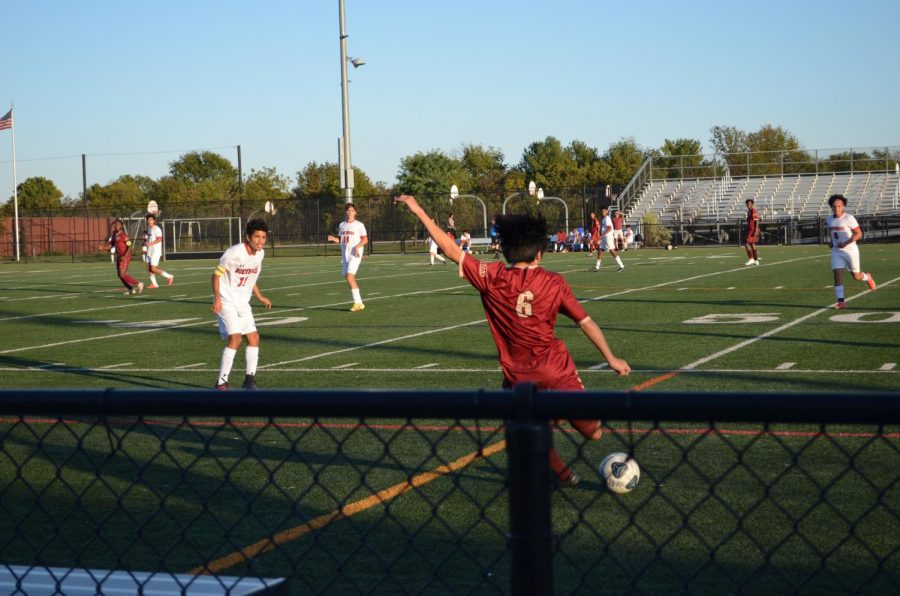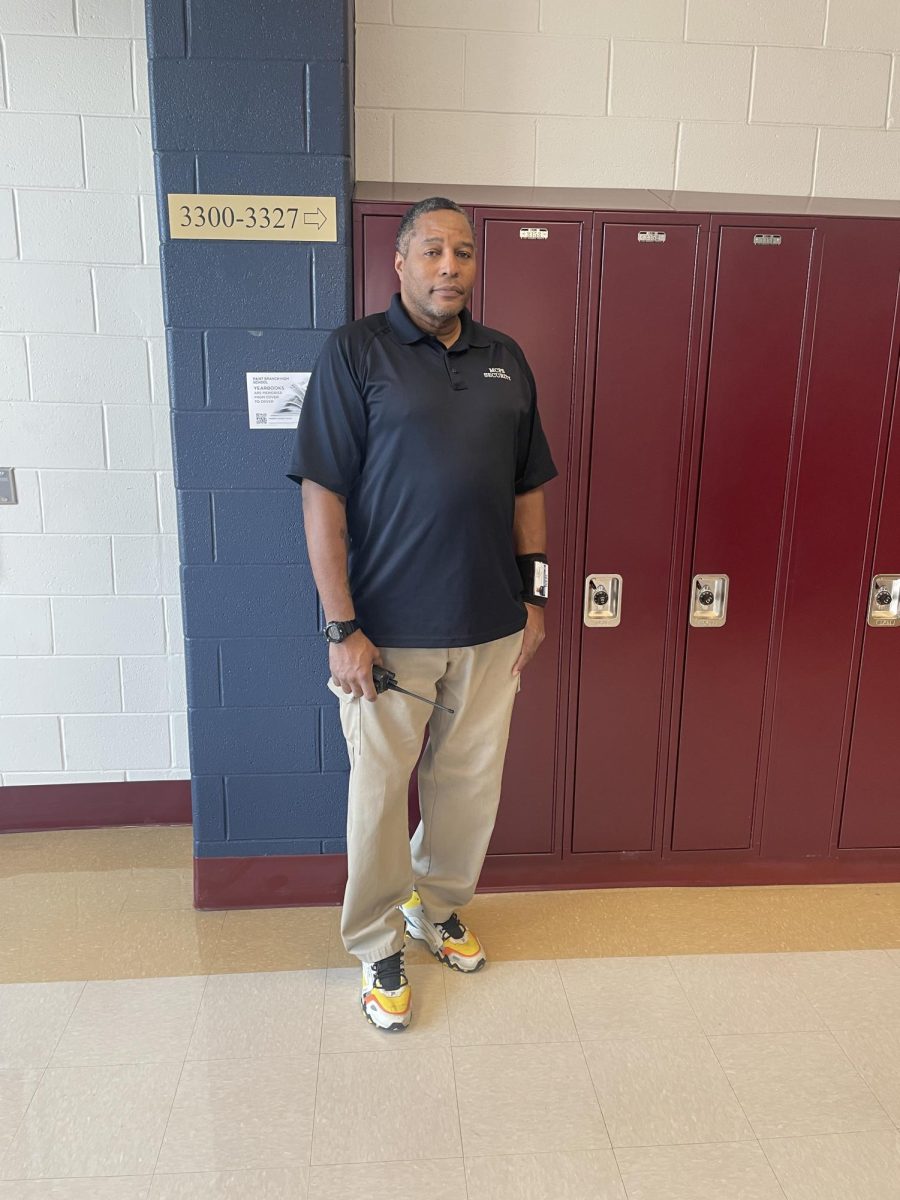Singing the Summer Blues
Imagine it is June. You finished your last exam, and school is finally over. Now you can relax, go out with your family, and maybe even spend some time with your friends.
Forget it. You have four summer packets to complete. Maybe two or three of those are for AP classes, and the other is a regular math packet. No matter what the level is, however, one thing is clear: Your summer is not free.
No one really starts the packets until two weeks, or even one week, before school starts. Let’s be real– no one really learns from summer packets because they are simply busy work for students and are completed just to get a grade. Summer packets, in their most common form, don’t benefit students at all and, rather than “re-design” them, they should just be taken away.
Even some parents agree that summer packets aren’t effective. On the website Greatschools.org, a site that examines schools, rates them, and offers parents tips on picking strong schools and school districts, parents argue that summer packets are “nothing more than bland busywork that saps the joy and spontaneity from summer.
Of the “summer slide” issue – a school of thought that feels that students lose knowledge over the summer – NoHomework.com founder Sara Benett states, “Even if there is a summer slide, I don’t think homework is the solution… students don’t have enough downtime during the school year. I think they need that freshness during summer.”
Summer packets are simply a burden that bring stress to students. Even parents notice that summer packets don’t benefit the minds of students. It is essentially busy work that ruins students’ fun with their friends and family during the summer.
Of course, others see summer packets as a necessity. Teachers argue that, throughout the summer, students begin to forget important skills that they learned in school, such as math and reading and, when they come back to school, they aren’t prepared to learn. According to “The Crush of Summer Homework,” a 2009 study from the New York Times, “There is growing concern about the summer vacation’s possible negative impact on learning. Many educators argue that children learn best when instruction is continuous. The long summer vacation disrupts the rhythm of instruction, leads to forgetting, and requires time be spent reviewing old material when students return to school in fall.”
While this study presents a valid argument about continuous instruction, it assumes that summer is simply a passive, noninstructional period of time. Although some students don’t have the opportunity to travel and participate in summer camps, a significant number of students do participate in summer camps, travel inside or outside the country, go to museums, and participate in many other activities. Even though these activities don’t involve students in using the Pythagorean theorem or writing an essay about a book, they are still engaged in learning, a different – often more interesting and engaging– form of learning throughout the summer.
Ultimately, the cons of summer packets outweigh the pros. Students don’t want to go through the summer having more schoolwork. Summer is only two months, and those months should be filled with relaxation, not worksheets and irrelevant material. We all know that students do the work the last week of break, so it isn’t really a summer packet; it is a “let’s just finish this” packet. This approach causes students not to learn anything, except the fact that schools see summer not as a time for rest and relaxation but as a time for more stress.


